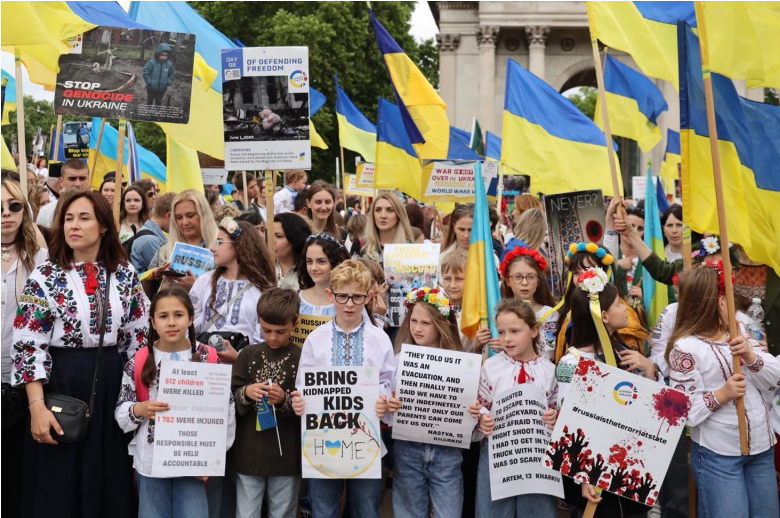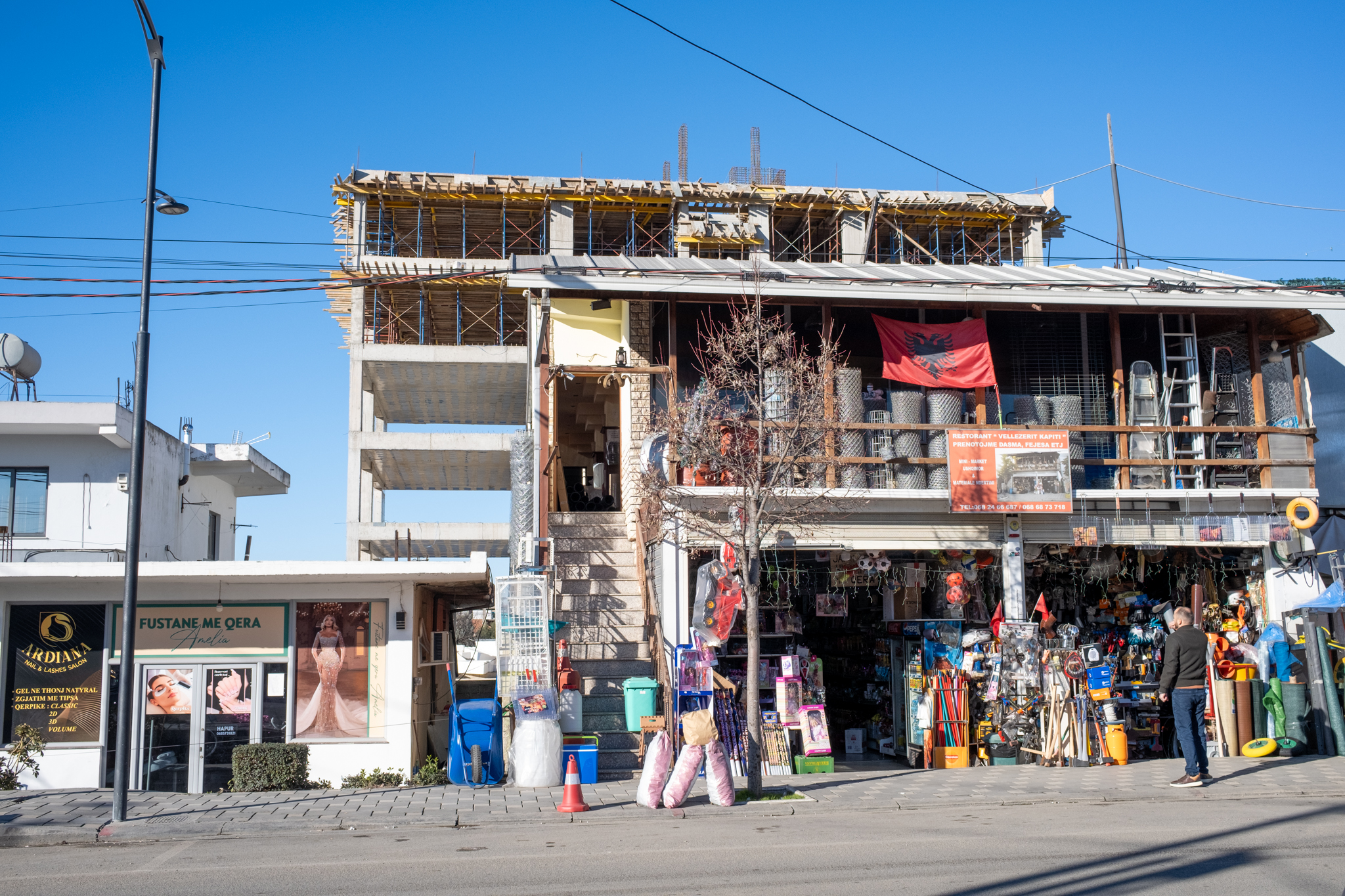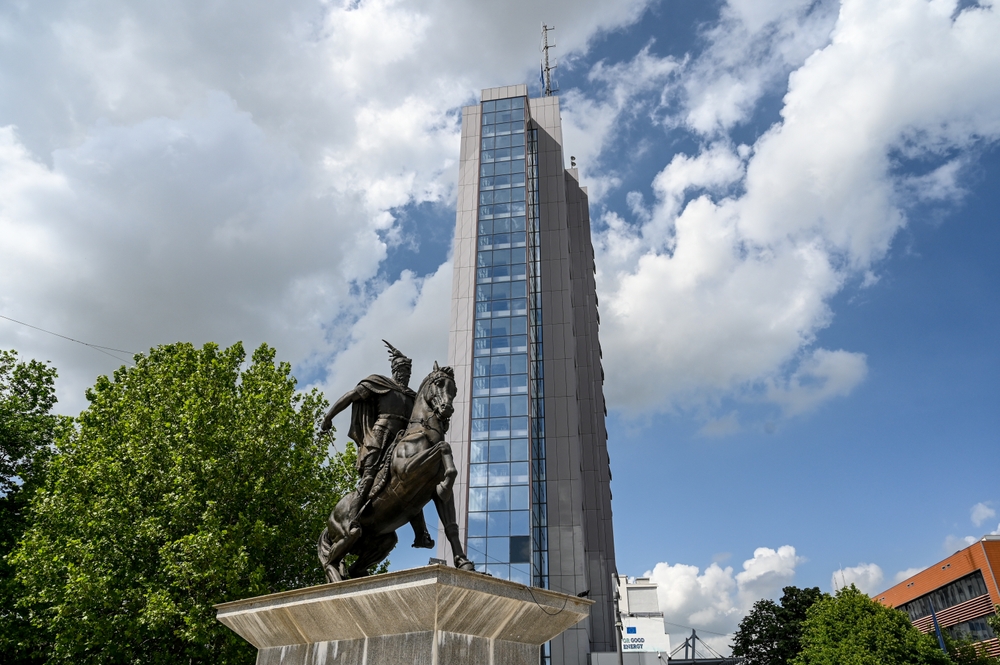Ukraine, no peace without return of kidnapped minors
The forced deportation of Ukrainian children remains a critical obstacle to peace talks, as Russia resists returning them. Despite progress in prisoner exchanges, Kyiv insists that no lasting agreement is possible without the children’s safe return

Ukraine-no-peace-without-return-of-kidnapped-minors
March in central London, May 2025, demanding the safe return of deported Ukrainian children - © Serhii Ziniak
On June 2, 2025, the second round of peace talks between Ukraine and the Russian Federation took place in Istanbul, bringing renewed focus to one of the most harrowing aspects of the ongoing war: the forced deportation of Ukrainian children to Russia.
The Head of the Office of the President of Ukraine, Andriy Yermak, said that during the meeting Ukraine handed Russia a list of children who “need to be returned,” underlining their return as an “integral part” of achieving peace in the long run. “The ball is in Russia’s court. True good faith is not words, but actions. And now is the time to prove it.”
Since the beginning of the full-scale Russian invasion in February 2022 there are 19,546 reports of deported and forcibly displaced children, with only 1345 having been returned from deportation, forced transfers, or temporarily occupied territories.
However, the exchange list includes the names of 339 abducted Ukrainian children only, what Kyiv explains as a safeguard against Moscow prolonging the process to further erase the identities of deported children.
The head of Russian delegation Medinsky’s response was dismissive, telling Ukrainian negotiators not to “put on a show for bleeding-heart European old ladies with no children of their own,” as Russia continues claiming they are not abducting any children. Later he said that the list will be handed over to the Office of the Commissioner for Human Rights, but not all the children on the list are necessarily in Russia.
Systematic deportation, re-education, and forced assimilation
Since 2014, Russia-aligned authorities have been transferring Ukrainian children to camps and facilities in occupied territories—a practice that intensified dramatically in early 2022, just before the invasion.
Under the pretense of evacuation or protection, Russia launched a systematic program of forced deportation, re-education, and coerced adoption aimed at assimilating Ukrainian children into Russian society. These efforts included the enforcement of Russian state narratives, culture, and language.
Following the invasion, Russian forces have forcibly taken children from battle zones, filtration camps, and orphanages, transferring them to Russia. These actions have raised serious concerns under international law and are widely condemned as potential war crimes, and recently even as elements of genocide .
On March 17, 2023 the International Criminal Court issued arrest warrants for Russian President Vladimir Putin and Children’s Rights Commissioner Maria Lvova-Belova for their alleged roles in the abductions, though enforcement remains challenging.
Although Russia says these transfers protect the children, they serve a much darker purpose. Russian authorities call their re-education and adoption centers “summer camps,” but former Children’s Rights Commissioner Mykola Kuleba calls them “death camps for Ukrainian identity,” describing them as a form of ethnic cleansing. According to him, Russia’s goal is to turn Ukrainian children into Russians, instill hatred toward Ukraine, and train them as future soldiers.
Russia has granted abducted children Russian citizenship and allowed guardians to revoke their Ukrainian identity, making it harder to trace or bring them home. A Financial Times investigation found four such children on a Russian adoption site with changed names, ages, and no mention of their Ukrainian roots, highlighting forced assimilation.
Voices of the children
Beyond these facts and figures lies the real cost — the personal stories of the children themselves. To minimize their retraumatization, the following testimonies are drawn from interviews with returnees conducted under the guidance of child psychologists as part of the Bring Kids Back UA initiative, launched by the President of Ukraine.
Vladyslav (17, Kherson) was forcibly transferred to Crimea by the Russian military without his parents being informed, and was taken to a Russian-run “rehabilitation” camp. There, he was forced to speak only Russian and stand for the Russian national anthem under threat of punishment, as in all similar facilities. He recalls being placed in isolation and forced to take psychotropic drugs as a punishment for disrespecting the Russian flag. Later, he was transferred to a naval military academy, where he underwent military training and was forcibly issued Russian documents.
Artem (16, Kharkiv region) spent over three months under occupation with his parents, until Russian soldiers came to his school and took children aged 5 to 17 to an orphanage in Luhansk. There, he shared a poorly equipped room with nine others and was given low-quality food. He recalls being forced to wear a Russian military uniform for visitors.
Kira (11) and Oleksandr (12), both from Mariupol, were separated from their families during the war. Kira lost her father early on and was injured by a tripwire while heading to her grandfather. Russian soldiers took her to a hospital in Donetsk, where she was told she’d be sent to a remote orphanage if no one came for her. Oleksandr was separated from his mother in a filtration camp after they were captured alongside Illich factory defenders. He never saw her again. Taken to an orphanage in Donetsk, he was told his mother didn’t want him and was left to await a foster family, until his grandmother found him.
One of the most tragic cases is that of Oleksandr Yakushchenko (17, Kherson), placed in a foster family. Feeling isolated and unwanted, Oleksandr sent a desperate voice message shortly before his death by suicide at 18: “I’m not needed by anyone here… they made me understand that, I’m ruining everyone’s lives … I’m in so much pain, I don’t know what to do.” The fate of his younger sister Khrystyna, who was also transferred to Russia, remains unknown.
The forced deportation of Ukrainian children remains a key and unresolved problem, while Russia’s refusal to cooperate is blocking progress. With the international community demanding justice, the future of thousands of children is uncertain, and bringing them home safely is essential for a lasting solution.
Ukraine, no peace without return of kidnapped minors
The forced deportation of Ukrainian children remains a critical obstacle to peace talks, as Russia resists returning them. Despite progress in prisoner exchanges, Kyiv insists that no lasting agreement is possible without the children’s safe return

Ukraine-no-peace-without-return-of-kidnapped-minors
March in central London, May 2025, demanding the safe return of deported Ukrainian children - © Serhii Ziniak
On June 2, 2025, the second round of peace talks between Ukraine and the Russian Federation took place in Istanbul, bringing renewed focus to one of the most harrowing aspects of the ongoing war: the forced deportation of Ukrainian children to Russia.
The Head of the Office of the President of Ukraine, Andriy Yermak, said that during the meeting Ukraine handed Russia a list of children who “need to be returned,” underlining their return as an “integral part” of achieving peace in the long run. “The ball is in Russia’s court. True good faith is not words, but actions. And now is the time to prove it.”
Since the beginning of the full-scale Russian invasion in February 2022 there are 19,546 reports of deported and forcibly displaced children, with only 1345 having been returned from deportation, forced transfers, or temporarily occupied territories.
However, the exchange list includes the names of 339 abducted Ukrainian children only, what Kyiv explains as a safeguard against Moscow prolonging the process to further erase the identities of deported children.
The head of Russian delegation Medinsky’s response was dismissive, telling Ukrainian negotiators not to “put on a show for bleeding-heart European old ladies with no children of their own,” as Russia continues claiming they are not abducting any children. Later he said that the list will be handed over to the Office of the Commissioner for Human Rights, but not all the children on the list are necessarily in Russia.
Systematic deportation, re-education, and forced assimilation
Since 2014, Russia-aligned authorities have been transferring Ukrainian children to camps and facilities in occupied territories—a practice that intensified dramatically in early 2022, just before the invasion.
Under the pretense of evacuation or protection, Russia launched a systematic program of forced deportation, re-education, and coerced adoption aimed at assimilating Ukrainian children into Russian society. These efforts included the enforcement of Russian state narratives, culture, and language.
Following the invasion, Russian forces have forcibly taken children from battle zones, filtration camps, and orphanages, transferring them to Russia. These actions have raised serious concerns under international law and are widely condemned as potential war crimes, and recently even as elements of genocide .
On March 17, 2023 the International Criminal Court issued arrest warrants for Russian President Vladimir Putin and Children’s Rights Commissioner Maria Lvova-Belova for their alleged roles in the abductions, though enforcement remains challenging.
Although Russia says these transfers protect the children, they serve a much darker purpose. Russian authorities call their re-education and adoption centers “summer camps,” but former Children’s Rights Commissioner Mykola Kuleba calls them “death camps for Ukrainian identity,” describing them as a form of ethnic cleansing. According to him, Russia’s goal is to turn Ukrainian children into Russians, instill hatred toward Ukraine, and train them as future soldiers.
Russia has granted abducted children Russian citizenship and allowed guardians to revoke their Ukrainian identity, making it harder to trace or bring them home. A Financial Times investigation found four such children on a Russian adoption site with changed names, ages, and no mention of their Ukrainian roots, highlighting forced assimilation.
Voices of the children
Beyond these facts and figures lies the real cost — the personal stories of the children themselves. To minimize their retraumatization, the following testimonies are drawn from interviews with returnees conducted under the guidance of child psychologists as part of the Bring Kids Back UA initiative, launched by the President of Ukraine.
Vladyslav (17, Kherson) was forcibly transferred to Crimea by the Russian military without his parents being informed, and was taken to a Russian-run “rehabilitation” camp. There, he was forced to speak only Russian and stand for the Russian national anthem under threat of punishment, as in all similar facilities. He recalls being placed in isolation and forced to take psychotropic drugs as a punishment for disrespecting the Russian flag. Later, he was transferred to a naval military academy, where he underwent military training and was forcibly issued Russian documents.
Artem (16, Kharkiv region) spent over three months under occupation with his parents, until Russian soldiers came to his school and took children aged 5 to 17 to an orphanage in Luhansk. There, he shared a poorly equipped room with nine others and was given low-quality food. He recalls being forced to wear a Russian military uniform for visitors.
Kira (11) and Oleksandr (12), both from Mariupol, were separated from their families during the war. Kira lost her father early on and was injured by a tripwire while heading to her grandfather. Russian soldiers took her to a hospital in Donetsk, where she was told she’d be sent to a remote orphanage if no one came for her. Oleksandr was separated from his mother in a filtration camp after they were captured alongside Illich factory defenders. He never saw her again. Taken to an orphanage in Donetsk, he was told his mother didn’t want him and was left to await a foster family, until his grandmother found him.
One of the most tragic cases is that of Oleksandr Yakushchenko (17, Kherson), placed in a foster family. Feeling isolated and unwanted, Oleksandr sent a desperate voice message shortly before his death by suicide at 18: “I’m not needed by anyone here… they made me understand that, I’m ruining everyone’s lives … I’m in so much pain, I don’t know what to do.” The fate of his younger sister Khrystyna, who was also transferred to Russia, remains unknown.
The forced deportation of Ukrainian children remains a key and unresolved problem, while Russia’s refusal to cooperate is blocking progress. With the international community demanding justice, the future of thousands of children is uncertain, and bringing them home safely is essential for a lasting solution.









